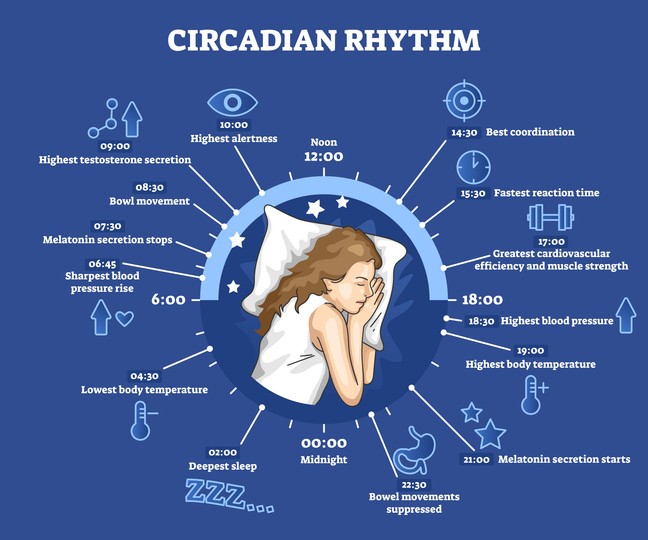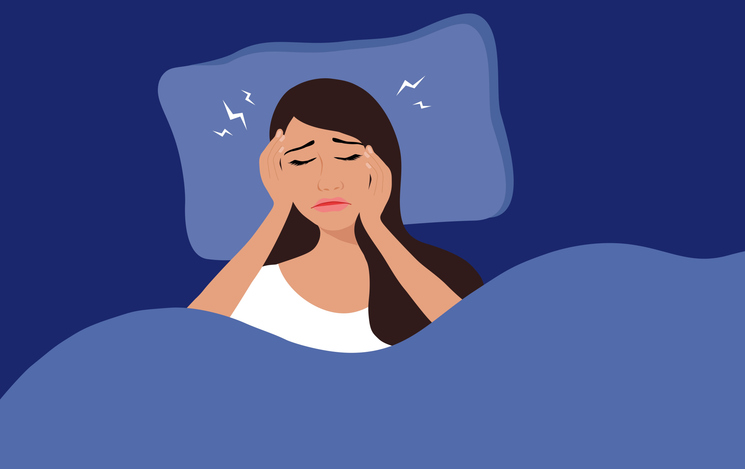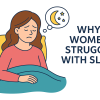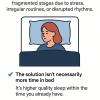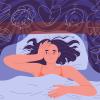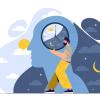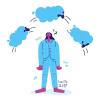How Your Circadian Rhythm Affects Your Mental Health?
Have you ever felt like the world is designed for morning people?
If you're someone who naturally stays up late and struggles to rise early, you might be right—and it could be affecting your mental well-being more than you realize.
Your Circadian Rhythm Isn't Just a Preference—It's in Your DNA
A fascinating study published in Molecular Psychiatry by researchers at the University of Exeter has revealed compelling evidence that our sleep preferences aren't just habits—they're written in our genes.
Key Findings:
- The study identified 351 genes linked to being either an early riser or a night owl.
- Misalignment with your natural body clock increases the risk of depression, anxiety, and lower well-being.
- Being a morning person is protective against depression and improves overall well-being.
"We found that people who were misaligned from their natural body clock were more likely to report depression, anxiety, and lower well-being." - Jessica O'Loughlin, Lead Author
Your Body Clock is Your Circadian Rhythm
Your body clock—also known as your circadian rhythm—is a natural, internal process that regulates the sleep-wake cycle and repeats roughly every 24 hours.
How It Works:
-
Controlled by the suprachiasmatic nucleus (SCN) in the brain, which responds to light and darkness.
-
Releases melatonin to signal when it’s time to sleep and wake up.
-
Affects hormones, body temperature, and metabolism, influencing both sleep and overall health.
Why It Matters:
-
If your circadian rhythm is disrupted, it can lead to poor sleep, fatigue, mood disorders, and even chronic health issues.
-
Aligning your sleep with your natural circadian rhythm can improve mental and physical well-being.
Society's Schedule Favors the Early Birds
The Problem:
-
Society's standard 9-to-5 schedule aligns perfectly with early birds.
-
Night owls constantly fight their biological programming, leading to "social jetlag"—the mismatch between your body's preferred schedule and work/societal demands.
"The demands of society mean night owls are more likely to defy their natural body clocks by having to wake up early for work." - Dr. Jessica Tyrrell, Senior Author
There's Hope for Night Owls (and Relief for Morning People with Disrupted Schedules)
Digital CBT-I programs make this science-backed therapy more accessible than ever!
For Night Owls:
Gradually shift your body clock to better align with social demands.
Establish consistent sleep and wake times to reduce social jetlag.
Develop pre-sleep routines that signal to your body when it’s time to wind down.
Address anxious thoughts that often keep you awake.
For Morning People with Disrupted Schedules:
Create environmental conditions that support sleep during daylight hours.
Develop strategies to maintain healthy sleep despite schedule disruptions.
Establish consistent routines that reinforce your natural patterns when possible.

